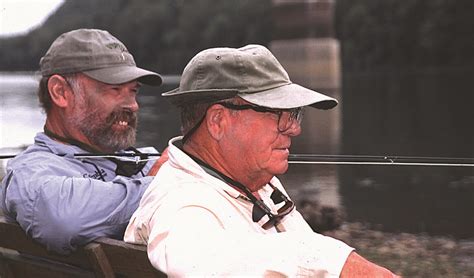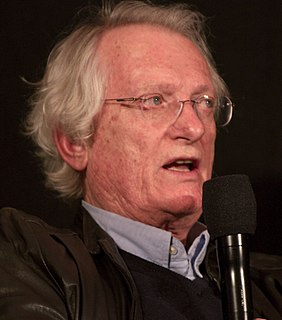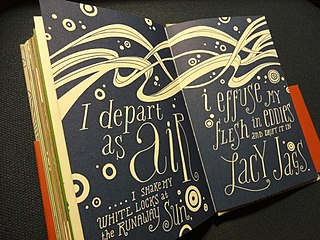A Quote by Ian Rankin
The most difficult part of any crime novel is the plotting. It all begins simply enough, but soon you're dealing with a multitude of linked characters, strands, themes and red herrings - and you need to try to control these unruly elements and weave them into a pattern.
Related Quotes
Introduce your main characters and themes in the first third of your novel. If you are writing a plot-driven genre novel make sure all your major themes/plot elements are introduced in the first third, which you can call the introduction. Develop your themes and characters in your second third, the development. Resolve your themes, mysteries and so on in the final third, the resolution.
It is not a good idea, either, to attach material such as Krystal Flash or Flashabou, then trim all strands at one spot. This gives most of the reflectiveness at one location - where the strands were severed. Instead, clip off the strands at different lengths along the entire body - that way you'll see little sparkles of light throughout the pattern
In my view, nobody is really effective in tackling those organized crime networks that are making connections from Africa to Asia to fund and facilitate the poaching of massive volumes of ivory, and then selling it on the Asian market. Very few people have tried globally to tackle that serious organized crime threat that is also linked to militia groups. That needs to change. You need to bring the full weight of government attention to dealing with that.
But to be perfectly frank, this childish idea that the author of a novel has some special insight into the characters in the novel ... it's ridiculous. That novel was composed of scratches on a page, dear. The characters inhabiting it have no life outside of those scratches. What happened to them? They all ceased to exist the moment the novel ended.
Any script, even like The Founder, if it's something that I imagine myself playing this character or that character - any of the characters, basically - how do we flesh these characters out to be good enough to have amazing actors that come in that make it really difficult for them to say no? Even though I'm not right for any of those parts, that's just kind of how we go about it.
Today the crime novelist has one advantage denied to writers of 'straight' or 'literary' novels. Unlike them he can range over all levels of society, for crime can easily breach the barriers that exist in our stratified society. Because of these barriers the modern literary novel, unlike its 19th-century predecessors, is often confined to the horizontal, dealing only with one class. But crime runs through society from top to bottom, and so the crime novelist can present a fuller picture of the way we live now.
When dealing with people, let us remember that we are not dealing with creatures of logic. We are dealing with creatures of emotion, creatures bristling with prejudices and motivated by pride and vanity. ...Any fool can criticize, condemn, and complain - and most fools do. But it takes character and self-control to be understanding and forgiving.
The characters in my novels are my own unrealized possibilities. That is why I am equally fond of them all and equally horrified by them. Each one has crossed a border that I myself have circumvented. It is that crossed border (the border beyond which my own "I" ends) which attracts me most. For beyond that border begins the secret the novel asks about. This novel is not the author's confession; it is an investigation of human life in the trap the world has become.





































